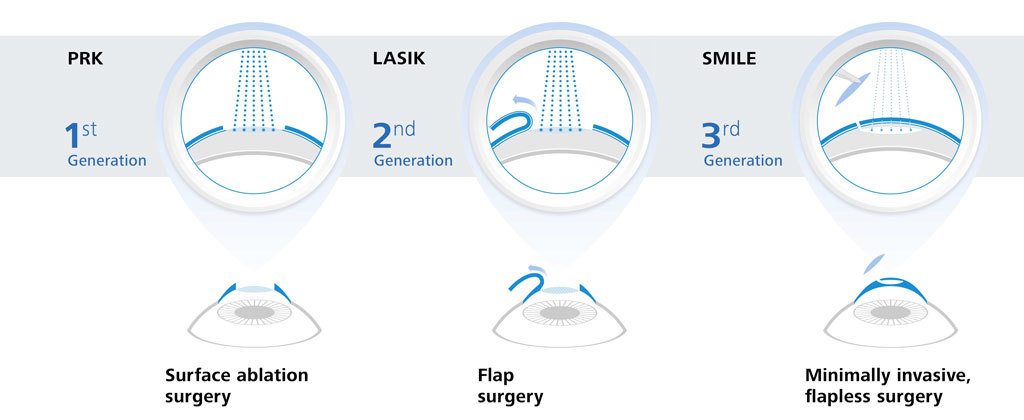Discover The Advantages Of Refractive Lens Exchange And The Covert Facts That Your Ophthalmologist May Not Reveal-- Might This Be The Vision Remedy You've Been Looking For?
Discover The Advantages Of Refractive Lens Exchange And The Covert Facts That Your Ophthalmologist May Not Reveal-- Might This Be The Vision Remedy You've Been Looking For?
Blog Article
Web Content By-Bennetsen Ludvigsen
Have you ever before took into consideration Refractive Lens Exchange (RLE) as a choice for vision modification? While it isn't as widely talked about as LASIK, RLE could be a game-changer for your eyesight. Many people overlook its advantages, assuming conventional methods are their only choice. But what are https://collegian.com/2021/02/category-opinion-leibee-its-time-for-csu-to-say-something-about-sexual-misconduct/ , and what might your ophthalmologist not be informing you regarding this procedure? Allow's explore the ins and outs of RLE together.
Comprehending Refractive Lens Exchange: The Fundamentals
Refractive lens exchange (RLE) is a surgical procedure that can significantly boost your vision, specifically if you're managing presbyopia or serious refractive mistakes.
Throughout RLE, your eye doctor eliminates your eye's all-natural lens and replaces it with a man-made one tailored to your vision needs. This treatment can correct nearsightedness, farsightedness, and astigmatism, providing you clearer vision without depending on glasses or get in touch with lenses.
The surgery is commonly fast, taking less than an hour, and many patients experience minimal pain. Recuperation is reasonably quickly, allowing you to go back to your everyday tasks soon after.
If you're considering RLE, talking to your ophthalmologist can assist you determine if it's the best choice for you.
Secret Distinctions Between RLE and Conventional Cataract Surgical Treatment
While both refractive lens exchange (RLE) and typical cataract surgical procedure involve replacing the eye's all-natural lens, their main goals and patient profiles vary dramatically.
RLE is aimed at people looking for to lower their dependancy on glasses or contact lenses because of refractive mistakes, often prior to cataracts establish. On the other hand, standard cataract surgical treatment generally targets patients that have actually created cataracts, which shadow the lens and hinder vision.
The lenses used in RLE can offer a broader range of vision improvement, while conventional cataract surgical procedure normally involves fundamental monofocal lenses.
Additionally, RLE candidates are usually younger and in good overall health, whereas cataract people may be older and have other health issues.
Picking the ideal treatment depends on your certain vision requirements and conditions.
Potential Benefits and Factors To Consider of RLE
If you're taking into consideration refractive lens exchange (RLE), you'll find numerous prospective benefits that may enhance your lifestyle.
RLE can give you with clearer vision, minimizing or getting rid of the need for glasses or get in touch with lenses. visit the next internet site uses a possibility to attend to presbyopia and other refractive errors all at once, usually improving your general visual acuity.
In addition, RLE can be a wonderful option if you're not an ideal candidate for LASIK. However, it's important to weigh the considerations, like the price, possible risks, and the recovery period.
Discussing your details needs with your ophthalmologist can assist you make a notified decision, guaranteeing you select the very best course for your vision modification.
Conclusion
Finally, refractive lens exchange uses an one-of-a-kind service for vision correction that surpasses what LASIK can provide. It's necessary to evaluate the advantages versus prospective threats and expenses before making a decision. Do not be reluctant to ask your optometrist the tough questions to ensure you fully recognize the treatment and its implications for your vision. With the ideal info, you can confidently pick the best choice for your eyes and way of living.
